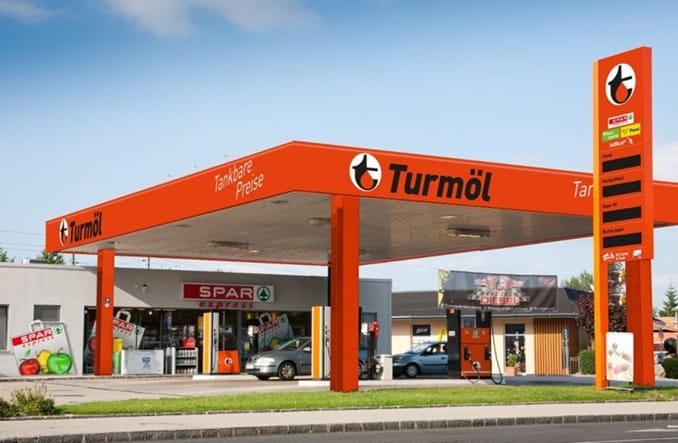Full-time work preferred
Poles, Czechs and Slovaks prefer full-time employment, while Croatians and Hungarians prefer self-employment.
Eurostat asked young Europeans what they thought about starting a business.
Among all EU Member States, the highest percentage of supporters of self-employment was recorded in Cyprus – 64% (the EU average is 39%). In Central Europe, Croatians (57%) and Hungarians (52%) stand out in this respect. As much as 68% of Finns prefer full-time work, which is the highest result in the EU (the average is 55%).
Regularity of remuneration and job security are of the greatest importance to supporters of an employment contract. For those who prefer to have their own business – “the possibility of being your own boss” and “deciding one’s own working hours” are key. Relatively rarely (the EU average was 29%) the answer was related to better earnings from self-employment. Less than one in four Poles (23%) believes in such a possibility, the lowest in the region. Hungarians (43%) and Croatians (41%) are more optimistic in this regard.







